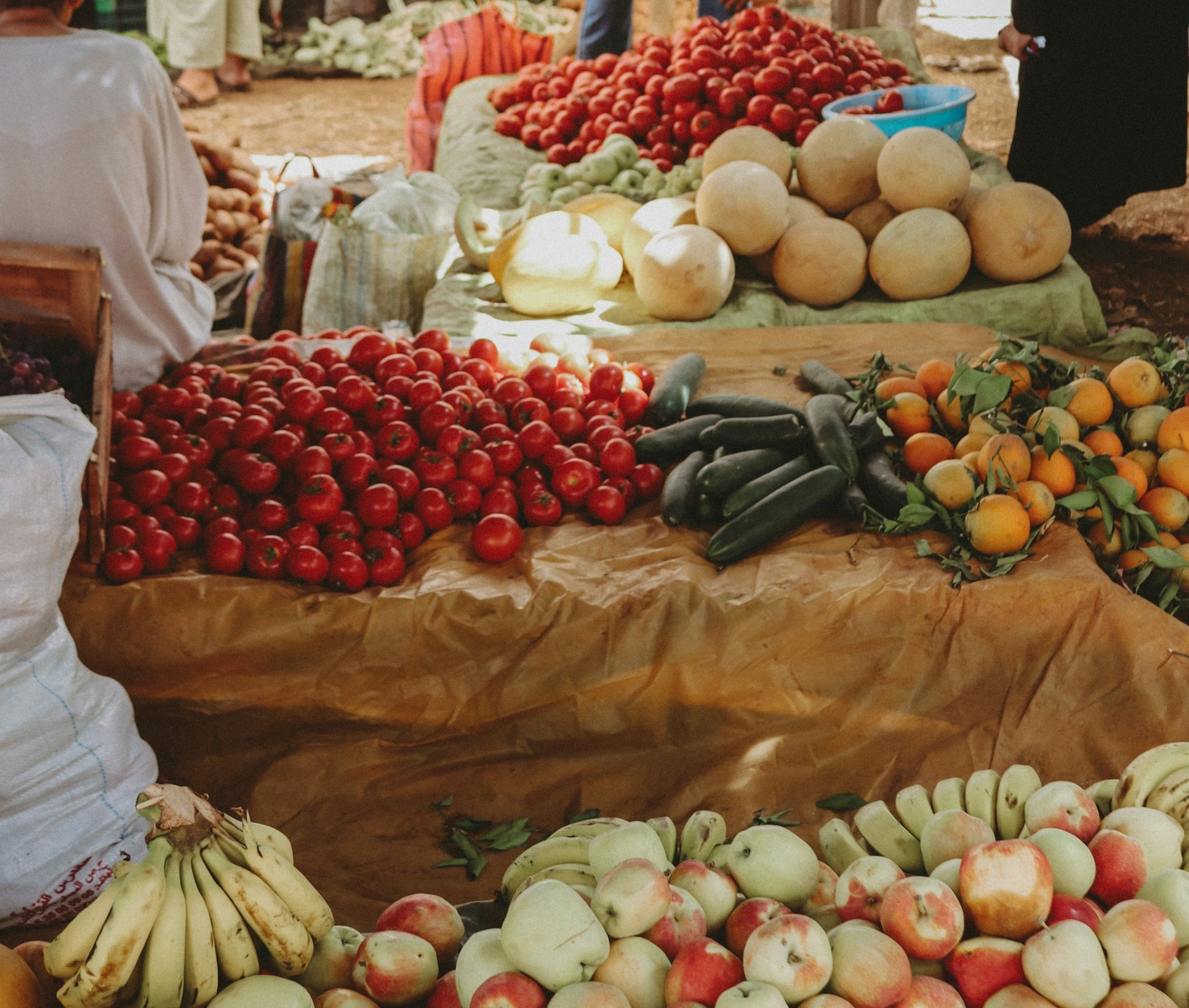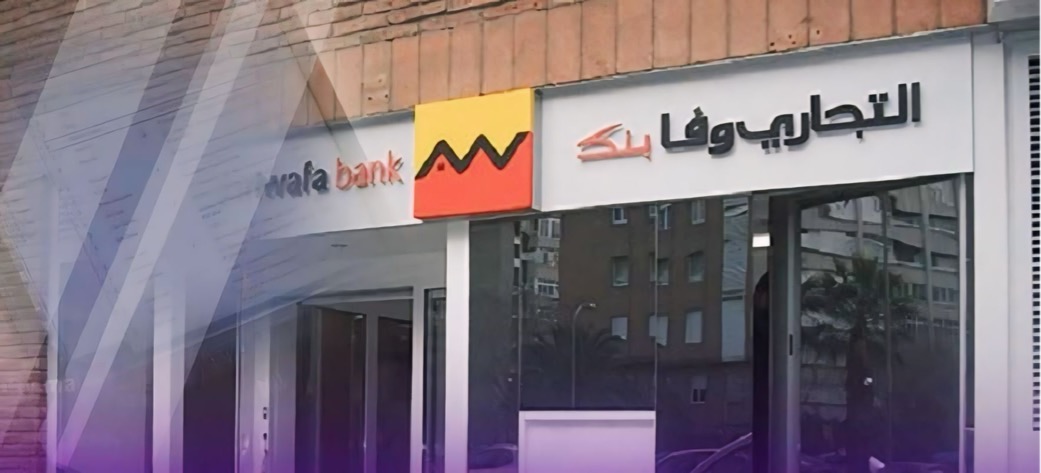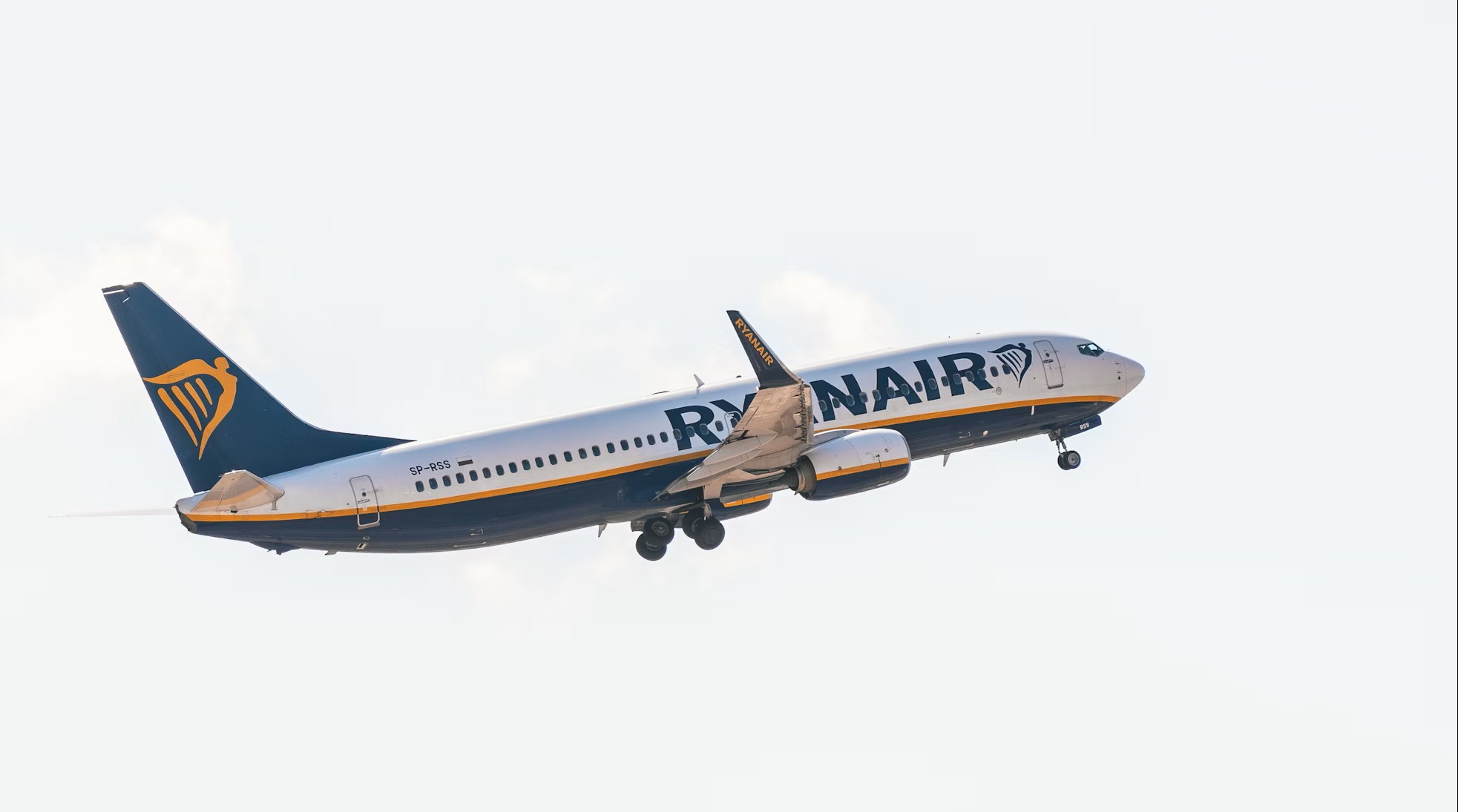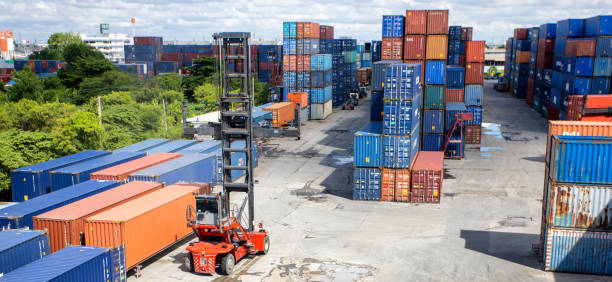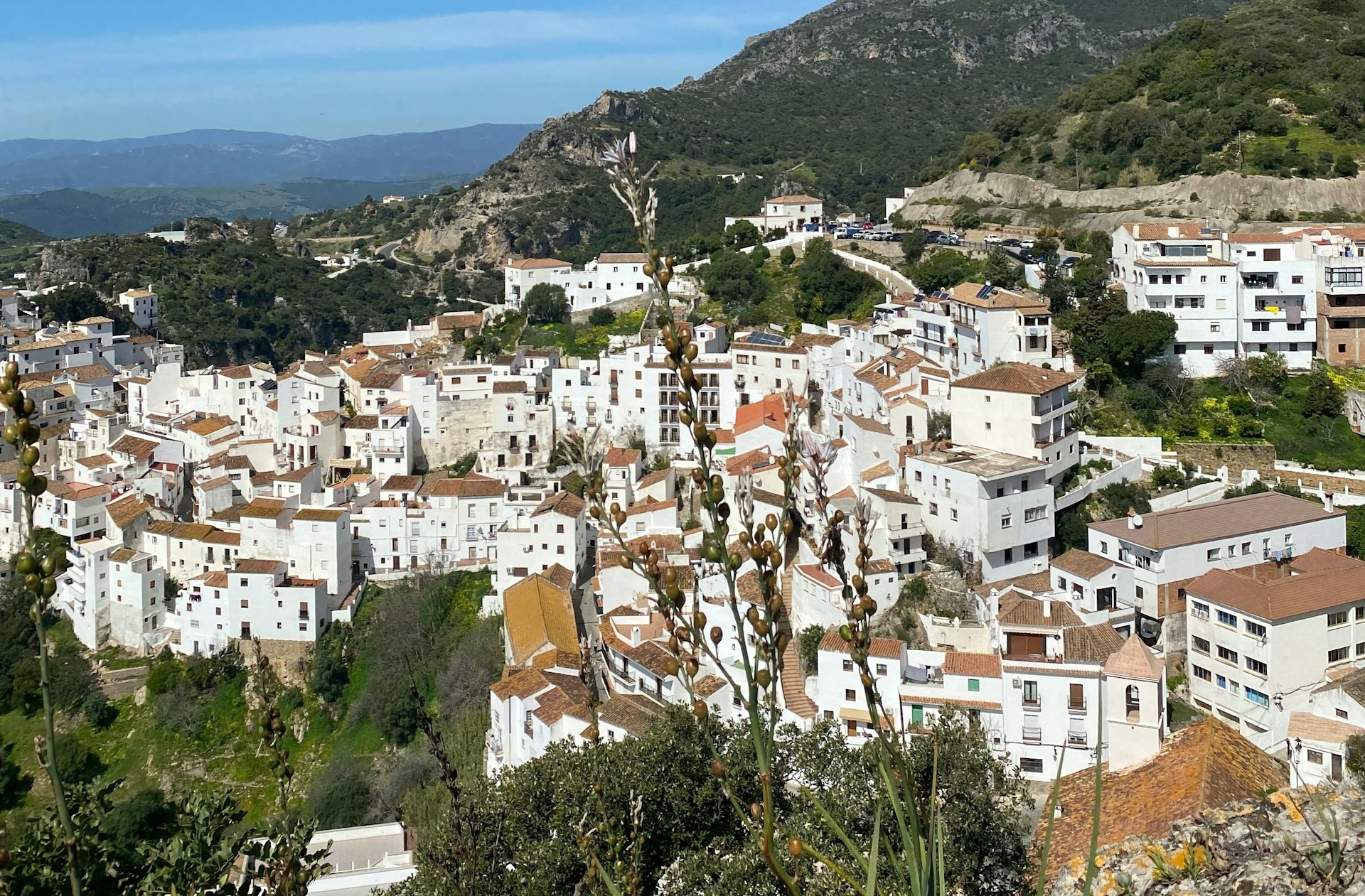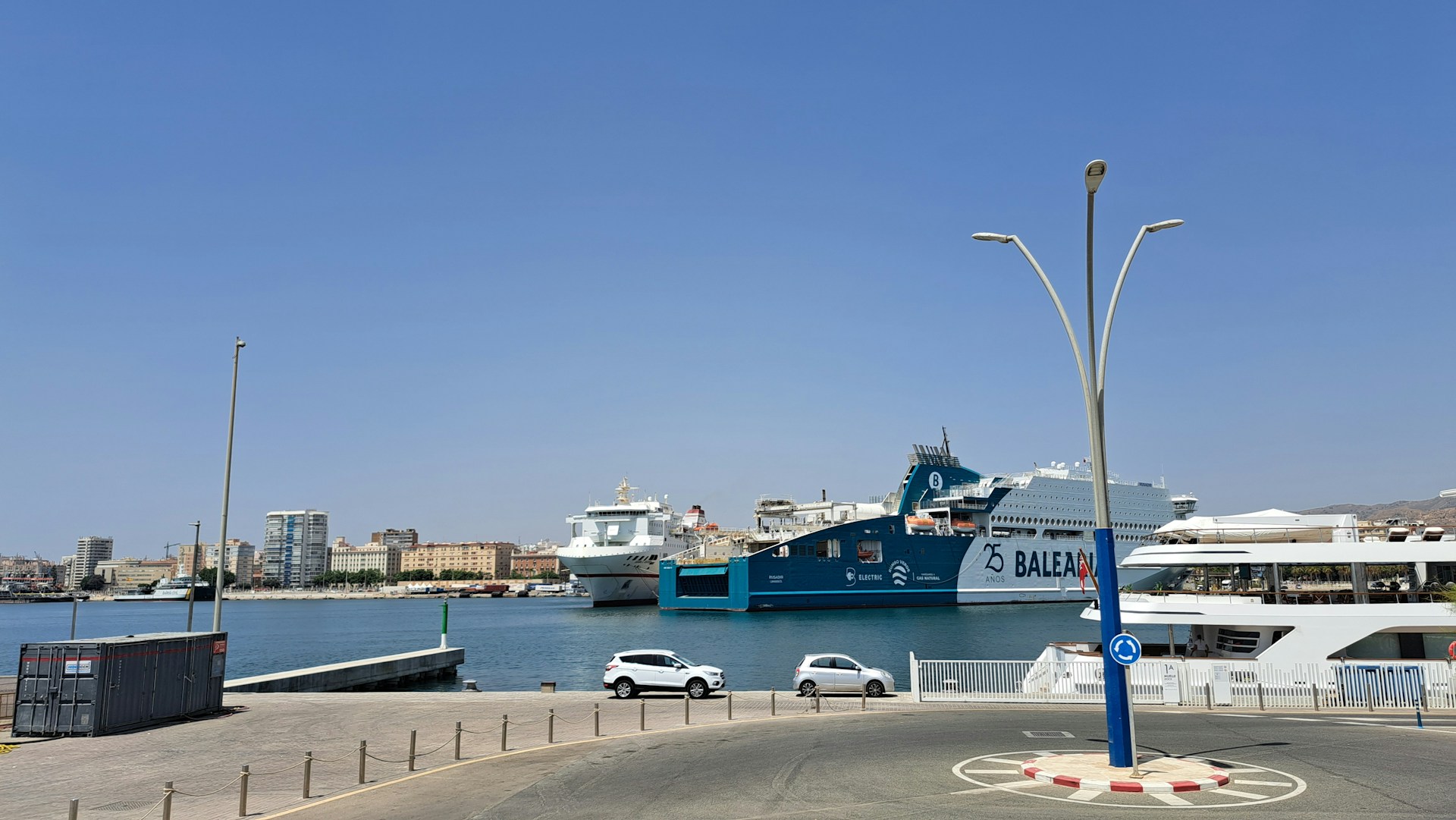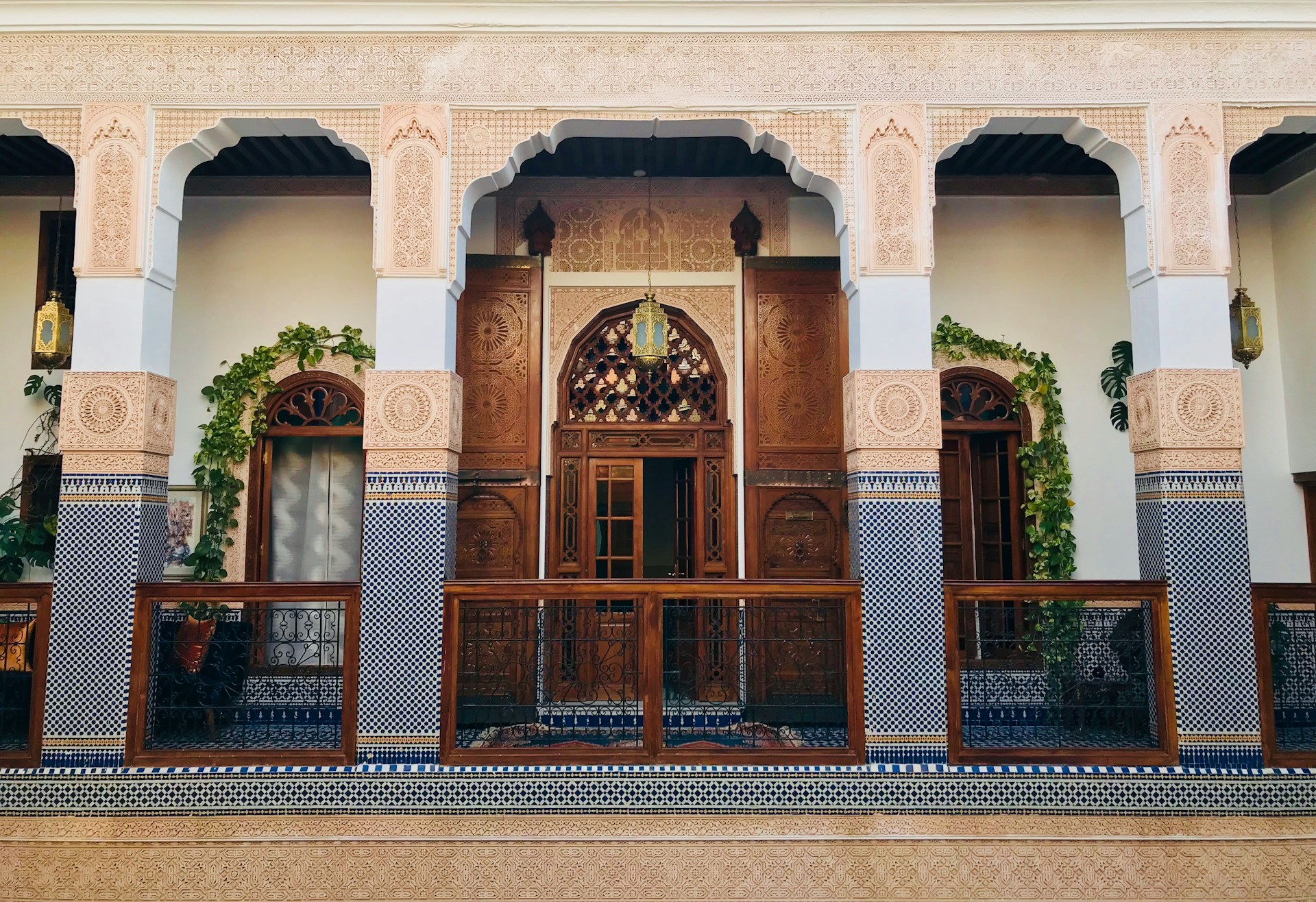Casablanca – Morocco is intensifying its efforts to expand the presence of its legal cannabis sector in international markets, with Europe emerging as a central focus of its outreach strategy. In October 2025, a Moroccan delegation will head to Amsterdam for a high-level business-to-business (B2B) mission, signaling the country’s determination to position itself as a regulated and reliable supplier within the global cannabis economy.
Strengthening partnerships with the Netherlands
The upcoming delegation, organized by the National Agency for the Regulation of Cannabis-Related Activities (ANRAC), will include more than twenty Moroccan producers and industry operators. Scheduled for October 2, the mission will take place at Amsterdam’s Park Centraal Hotel. According to organizers, it aims to showcase Morocco’s legal cannabis capabilities, explore opportunities for collaboration, and strengthen bilateral trade ties with Dutch and European market stakeholders.
The mission will be led by ANRAC Director General Mohamed El Guerrouj. The program includes company presentations, bilateral meetings, and discussions with investors and professionals from the Dutch cannabis sector. Organizers highlight that the event is designed to generate mutual benefits, offering Moroccan producers access to advanced European expertise while providing Dutch counterparts with opportunities to engage a regulated and large-scale producer.
A timely initiative in a changing Dutch market
The timing of the mission is significant. It comes just weeks before the scheduled end of the temporary tolerance period for illegal hashish under the Dutch cannabis experiment, which is set to conclude on September 1, 2025. The Netherlands’ cannabis trial, which regulates the cultivation and distribution of cannabis across selected municipalities, is designed to reduce reliance on illicit supply chains by integrating legal and traceable products.
Earlier in April, the Initiative Group for the Import of Legal Cannabis submitted a proposal to Dutch authorities suggesting the inclusion of traditionally produced, legally certified Moroccan hashish within the pilot program. According to the group, such imports are legally and technically feasible, provided they comply with the existing rules of the Dutch framework. The proposal outlined a logistics plan that included laboratory testing, centralized storage, and secure transport via a Dutch importer.
While no decision has yet been announced on the proposal, the Moroccan mission to Amsterdam reflects an alignment of strategic interests: Morocco seeks to expand its export channels, while the Netherlands looks to diversify regulated supply.
Rapid expansion of Morocco’s legal cannabis sector
Morocco’s legal cannabis sector has expanded rapidly since regulatory reforms were introduced. In 2024, the country’s production of legally cultivated cannabis reached 4,082.4 tons. At prevailing European wholesale prices of $2,000–$2,500 per kilo, this output represents a potential market value ranging from $8.16 billion to $10.2 billion.
ANRAC granted 3,371 licenses in 2024, compared to only 430 licenses in 2023, illustrating the rapid pace of formalization. Out of these, more than 3,000 permits were issued for cultivation and production, benefiting nearly 3,000 farmers.
The national harvest in 2024 consisted of 2,786.7 tons of the local “Beldiya” strain, averaging 17 quintals per hectare, and 1,295.7 tons of imported varieties, which delivered higher yields of about 28 quintals per hectare. Based on European market prices, the “Beldiya” harvest could be worth $5.57–$6.96 billion, while imported varieties could represent $2.59–$3.24 billion in market value.
The agency also approved 7.6 million imported cannabis seeds under 30 import permits granted by the National Food Safety Office (ONSSA) to 21 importers. Alongside this, it authorized the use of 1,717 quintals of “Beldiya” seeds, distributed across 112 cooperatives.
By the end of 2024, 2,169 hectares of cannabis were cultivated legally by 2,647 farmers grouped into 189 cooperatives. This included 1,701 hectares of the local “Beldiya” strain managed by 109 cooperatives and 468 hectares of imported varieties cultivated by 80 cooperatives.
Export ambitions and international recognition
The Amsterdam mission represents more than a commercial trip. For Moroccan stakeholders, it is both a showcase and a gateway to positioning Morocco as a key player in the regulated international cannabis trade.
By engaging directly with European partners, Morocco hopes to secure access to stable export outlets while aligning its production with international standards. ANRAC emphasizes that Moroccan cannabis is produced under strict regulatory supervision, ensuring traceability, safety, and compliance with global market requirements.
The Netherlands, which has one of the most established cannabis markets in Europe, provides a strategic entry point. A successful partnership could pave the way for further engagement with the wider European Union, where several countries are gradually moving toward regulated cannabis frameworks.
Balancing tradition and modern standards
A distinctive feature of Morocco’s strategy is the integration of its traditional cannabis production—particularly the “Beldiya” strain—into the new legal framework. While imported seeds and varieties are being introduced for higher yields and industrial uses, authorities have also ensured that local cooperatives and traditional farmers are included. This approach seeks to balance heritage cultivation practices with modern regulatory and market requirements.
Outlook
The upcoming mission to Amsterdam underlines Morocco’s ambition to become a trusted global supplier of legal cannabis. With production valued at up to $10 billion in 2024, licensing expanding at pace, and international interest growing, the country is moving to consolidate its role in a fast-evolving market.
If successful, partnerships forged in the Netherlands could mark the beginning of a new era in Morocco’s cannabis trade—one that shifts the country’s reputation from being a source of illicit supply to a recognized player in the regulated international economy.







